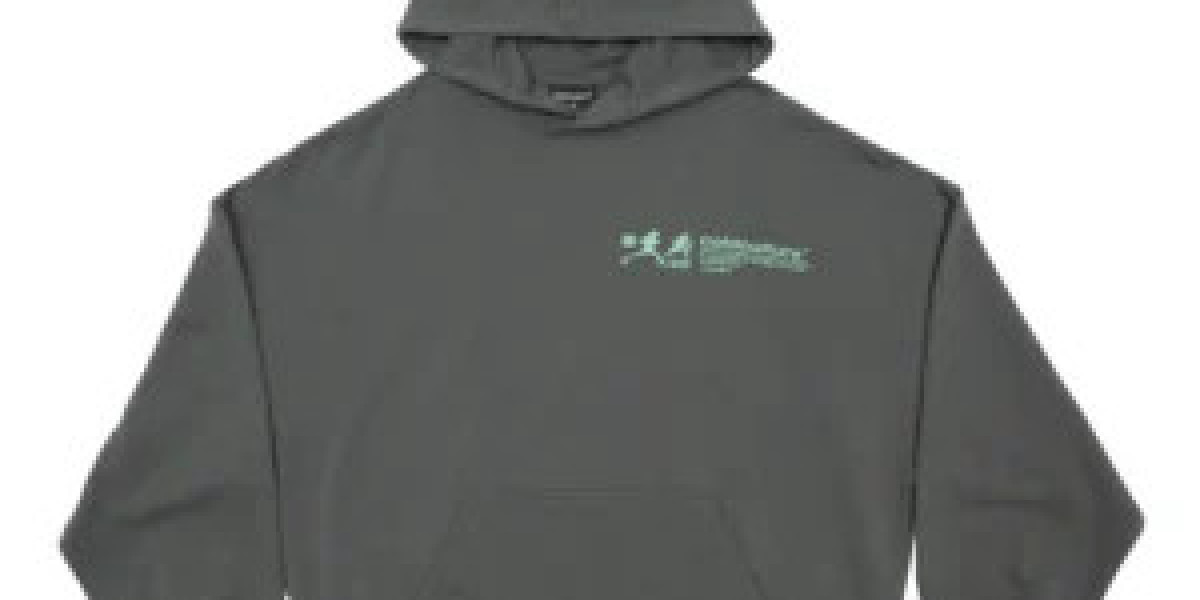FTP Clothing short for F**ThePopulation*—isn’t just another name in the streetwear industry. It’s a philosophy, a movement, and a raw reflection of the anger, independence, and resistance of youth culture. Founded by Zac Clark in 2010, FTP has evolved from an underground project into a globally recognized brand that continues to redefine what it means to rebel through fashion. While many brands thrive on mainstream acceptance, FTP thrives on rejection. Its message is clear: question everything, obey nothing, and express yourself unapologetically.
The Origins of FTP Clothing
The story of FTP begins with Zac Clark, a visionary who wanted to build more than just a clothing label. Growing up in an environment shaped by social injustice, authority issues, and anti-establishment attitudes, Clark channeled his frustrations into something tangible—something that could speak for a generation that felt ignored. The name itself, FTP, is an acronym that boldly translates to “F*** The Population,” representing a sense of rebellion against oppressive systems and societal hypocrisy.
FTP’s first designs were simple but impactful. Early drops featured bold lettering, monochrome palettes, and raw statements that made people look twice. There was no filter, no sugarcoating, and no attempt to appeal to the masses. Every piece of clothing was a manifesto—an unspoken protest against conformity. Clark sold the first FTP shirts directly to fans, building a loyal following of outsiders, skaters, and free thinkers who resonated with his message.
The Philosophy Behind FTP
At its core, FTP Clothing is about freedom—freedom from manipulation, freedom from control, and freedom from expectation. The brand embodies the chaos, anger, and truth that define youth rebellion. Rather than promoting violence or hatred, FTP seeks to expose the dark realities of modern society, including corruption, greed, and the loss of individuality.
Each FTP collection is designed with intention. Its graphics often reference issues like police brutality, government surveillance, and media manipulation. The brand isn’t afraid to touch sensitive subjects; instead, it embraces controversy as a means to provoke thought. In an era where many companies play it safe to protect their public image, FTP remains fearless. Its refusal to censor itself is what gives it authenticity—and authenticity is what its audience craves most.
Aesthetic and Design Approach
Visually, FTP Clothing maintains a distinctive aesthetic that’s both minimalist and confrontational. The color palette tends to stay within shades of black, white, and grey—tones that mirror the seriousness of its themes. The typography is bold and unapologetic, often taking center stage on hoodies, t-shirts, and outerwear. The logo itself, simple yet striking, has become an emblem of resistance within the streetwear community.
But FTP doesn’t rely solely on text-based designs. Over the years, the brand has experimented with graphic storytelling, incorporating imagery inspired by social unrest, surveillance cameras, propaganda posters, and anti-corporate messages. Each drop feels like a new chapter in a visual protest.
The brand also takes pride in maintaining full creative control. Zac Clark personally oversees design direction and marketing decisions, ensuring that every release stays true to FTP’s core message. This dedication to independence has earned the brand massive respect in a world where many fashion labels are driven by investors or corporate trends.
FTP’s Marketing Strategy: No Rules, No Apologies
One of the most fascinating aspects of FTP Clothing is how it operates. Unlike traditional fashion brands that rely on heavy advertising, influencers, or fashion shows, FTP’s marketing is virtually nonexistent. There are no campaigns, no paid promotions, and no celebrity endorsements. Instead, the brand relies entirely on organic hype—word of mouth, social media buzz, and the power of exclusivity.
FTP releases products in limited drops, often with no prior announcement. Once a collection sells out, it’s gone for good. This scarcity creates a sense of urgency and exclusivity that fuels its underground appeal. Fans eagerly refresh their browsers during release times, hoping to snag a piece before it disappears. This approach has turned FTP into a cult favorite among collectors and streetwear enthusiasts.
The brand’s mystery adds to its allure. There’s no glamorous branding, no exaggerated storytelling—just raw authenticity. FTP’s success lies in the fact that it doesn’t chase clout or validation. Instead, it lets the clothes, the message, and the movement speak for themselves.
Collaborations and Cultural Impact
Despite its anti-corporate stance, FTP has strategically collaborated with select brands that share its DNA. Notable partnerships include HUF, DC Shoes, and Independent Trucks—each representing a significant corner of the skate and streetwear world. These collaborations blend FTP’s rebellious energy with the timeless appeal of skate culture, creating pieces that not only look good but carry meaning.
Beyond fashion, FTP’s influence extends into music, art, and street culture. Rappers, skaters, and underground artists frequently sport the brand, not as a fashion statement, but as a declaration of independence. The brand has been spotted on names like Playboi Carti, Lil Uzi Vert, and XXXTentacion, yet FTP never capitalized on these moments for marketing. It remains indifferent to fame, refusing to dilute its message for mainstream recognition.
FTP’s impact also lies in how it resonates with the disenfranchised youth. Its message—defy control, reject hypocrisy, stay true—speaks to those who feel alienated by a system obsessed with conformity. In many ways, FTP functions like a mirror, reflecting the frustration, anger, and truth of modern society back at those who choose to ignore it.
Controversy and Criticism
FTP Hoodie has never been a stranger to controversy. Its provocative name and bold graphics have led to backlash and censorship attempts. Some accuse the brand of promoting negativity or anti-social behavior, while others defend it as a vital voice against corruption and injustice.
Zac Clark has been open about the fact that FTP is not meant to please everyone. The brand’s mission isn’t to sell comfort—it’s to spark awareness and provoke thought. FTP’s willingness to exist in the gray area, where most brands fear to tread, is exactly what gives it power. It’s a reminder that rebellion, when channeled correctly, can be one of the purest forms of expression.
The Business of Staying Independent
Financially and operationally, FTP is a fascinating case study in independent brand success. Without corporate backing or major investors, Clark has managed to grow FTP into a self-sustaining powerhouse. Every piece is self-funded, designed, and distributed in-house. This control allows FTP to maintain its authenticity and avoid compromise—a rare feat in the modern fashion world.
The brand’s online store remains its primary platform, with occasional pop-up events for fans. These events aren’t glitzy fashion shows—they’re community gatherings where the brand and its followers connect directly. This grassroots approach keeps FTP grounded and reinforces its bond with those who truly understand its vision.
The Message That Transcends Fashion
At the end of the day, FTP is more than clothing. It’s a form of communication—a voice for the unheard and a challenge to the status quo. It reminds its audience to question everything, think independently, and embrace their imperfections. In an age where many brands try to appear politically correct and socially acceptable, FTP dares to be brutally honest.
The irony of FTP’s success is that it never tried to succeed in the traditional sense. Its growth came from authenticity, rebellion, and refusal to conform. It proves that in today’s world, where marketing often overshadows meaning, the most powerful message still comes from those who dare to stand alone.
The Legacy of FTP Clothing
Over a decade since its inception, FTP has carved out a permanent place in the culture. It has inspired countless young creators to build their own independent brands, proving that you don’t need massive funding or celebrity endorsements to make an impact. What you need is a message—and the courage to stand by it.
As the brand continues to evolve, its essence remains the same: truth, defiance, and individuality. FTP Clothing isn’t just about style—it’s about identity, emotion, and rebellion. It’s a reflection of everything that mainstream culture tries to suppress, and that’s exactly why it continues to thrive.
In the end, FTP stands as more than just a streetwear brand—it’s a symbol of defiance against conformity, a reminder that fashion can be both art and protest, and a movement that continues to redefine what it means to truly live free.







